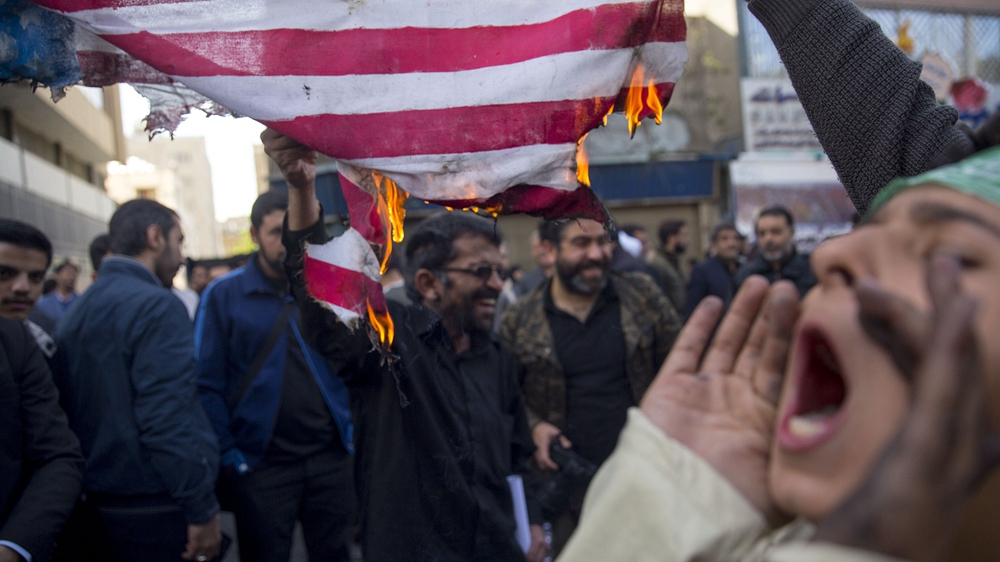
Middle East
22:02, 21-May-2019
Iraqi PM says to send teams to Tehran, Washington to calm tensions
CGTN

Iraq will send delegations to Washington and Tehran to help "halt tension" amid fears of a confrontation between the United States and Iran in the Middle East, Prime Minister Adel Abdul Mahdi said on Tuesday.
He said there were no Iraqi groups that wanted to push towards a war, two days after a rocket fired in Baghdad landed close to the U.S. Embassy, the latest in a series of regional attacks the United States believes may have been inspired by Iran.
U.S. President Donald Trump has bolstered economic sanctions and built up U.S. military presence in the region, accusing Iran of threats to U.S. troops and interests as Trump said on Monday that Iran would be met with "great force" if it attacked U.S. interests in the Middle East.
Read more:
Iran has rejected allegations of involvement in attacks. Iranian President Hassan Rouhani called the U.S. administration "novice politicians with naïve ideas" in a broadcast live on Tuesday, claiming that Trump had stepped back from his threats against Tehran after military aides advised him against a war with the Islamic Republic.
Rouhani confirmed on Monday that Iran would stay resistant as the situation is "not suitable for talks," adding that he favors diplomacy but under current conditions.
"If we walked away from the Joint Comprehensive Plan of Action (JCPOA) with the U.S. provocative acts, then, in addition to the U.S., the UN and (the) world would also impose sanctions on us. I favor talks and diplomacy, but under current conditions, I do not accept it, as today situation is not suitable for talks and our choice is resistance only,” Rouhani said, cited by the Islamic Rebulic News Agency (IRNA).
(With inputs from Reuters)
(Cover: Iranian protesters demonstrate outside the former U.S. embassy in Tehran, Iran, November 4, 2018. /VCG Photo)

SITEMAP
Copyright © 2018 CGTN. Beijing ICP prepared NO.16065310-3
Copyright © 2018 CGTN. Beijing ICP prepared NO.16065310-3